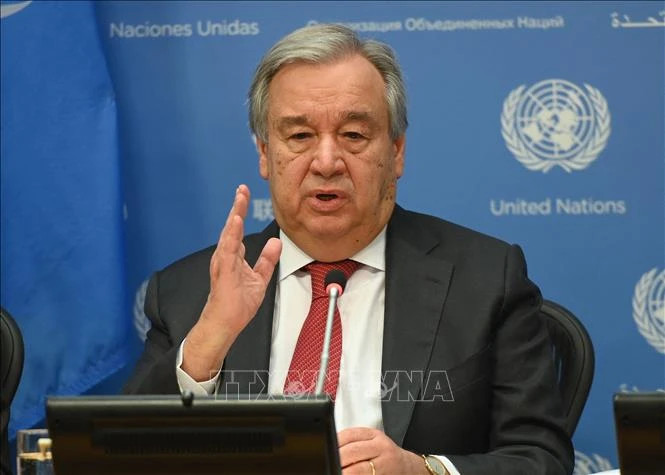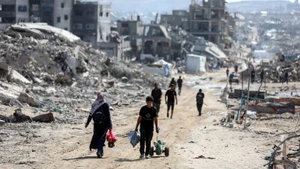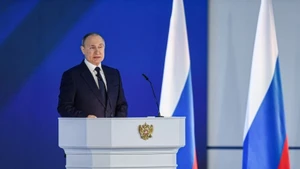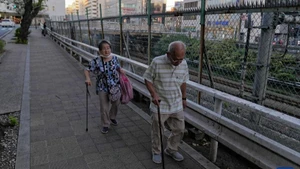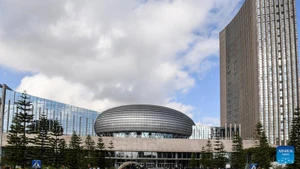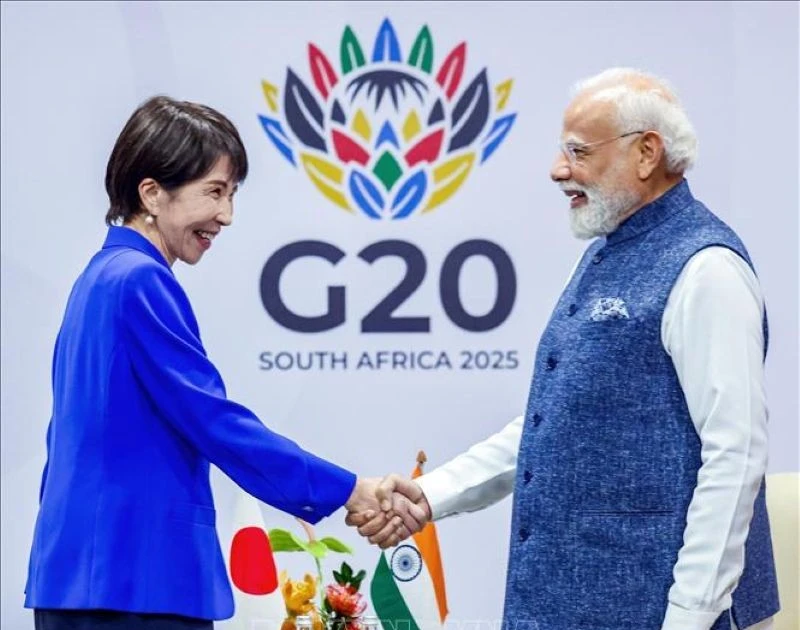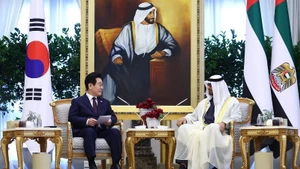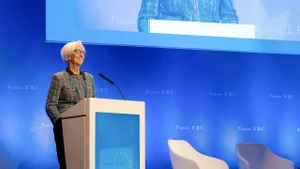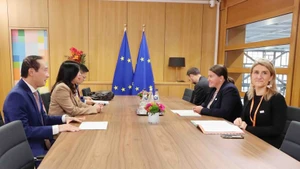This is urgent work in the context that the world is facing major crises.
In a video message to the first meeting of the Preparatory Committee for the Fourth International Conference on Financing for Development in Addis Ababa, Ethiopia, on July 22, Guterres said the upcoming conference provides a unique opportunity to tackle financing challenges "head on."
The conference, scheduled to take place in Spain from June 30 to July 3, 2025, will open the door for world leaders to adopt ambitious reforms to deliver affordable long-term financing at scale, and deliver the Sustainable Development Goals (SDG) Stimulus.
The UN head emphasised that the conference will promote the reform of the international financial system, from the tax and debt architecture, the system of public development banks, and trade and investment rules to the financial safety net and global governance.
Guterres stressed that the world is facing "seismic shocks" that make financing challenges harder to solve, while also creating geopolitical divisions that undermine collective action.
The fact that there have been many recent crises, from the COVID-19 pandemic to rising inflation, and the decline in foreign direct investment (FDI) is severely impacting poorer countries around the world.
"Faced with sky-high debt burdens and costs of capital, developing countries have limited prospects of financing the Sustainable Development Goals," he added.
The UN has called for a reform of the global financial system to help the world's poorest countries close today's huge financial gap. The least developed countries, with a total population of 1 billion people, represent only 4% of the World Bank's voting rights and received less than 2.5% of the International Monetary Fund’s special drawing rights issued in 2021. If the allocation was per capita, this group of countries would have received more than 12%.
Akinwumi Adesina, President of the African Development Bank (AfDB), said that the "Black Continent" needs to narrow the financial gap of about 402.2 billion USD to accelerate the structural transformation process by 2030.
To overcome this shortfall, the AfDB proposes a bold agenda to reform the global financial architecture to help transform African economies. This includes giving Africa a greater voice in multilateral development banks and international financial institutions, reflecting its growing share of global gross domestic product and rich natural resources.
The AfDB report also calls on reforming multilateral development banks to revise their business models to provide long-term concessional financing at scale, to developing countries, bolstering their capital positions.
Kevin Urama, AfDB’s Vice President and Chief Economist, emphasised that “Investing in productive infrastructure is key to accelerating Africa’s structural transformation.”
In 2015, all UN member states agreed to strive to achieve the Sustainable Development Goals by 2030.
However, the above goal will only be a fantasy if the international financial system is not strongly improved in the direction of increasing support for underdeveloped countries and these countries do not make efforts to improve.
On the eve of the Fourth International Conference on Financing for Development (FfD4), the UN head expressed confidence that all countries "will move forward with a determination to rescue the 2030 Agenda. And together, we can deliver not only a financial system, but a world, that is more just, equitable and sustainable."
Accordingly, underdeveloped countries need to make more efforts to mobilise domestic resources, at the same time, the international community needs to increase financial support and provide loans with low interest rates for these countries in order to help reduce the debt burden.
